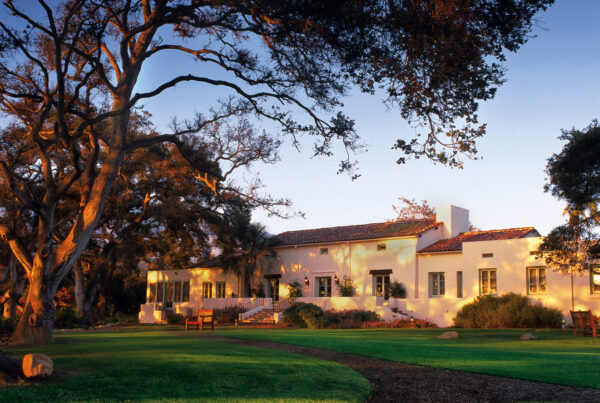There is a phrase that we are all familiar with—“double down.” In times of conflict, that is precisely what we are asked to do: double down on our self-care practice. There are the basics of course: 1) getting enough sleep, 2) eating mindfully, and 3) exercising each day. In addition, over the years I have found three more elements of self-care that are helpful in sustaining emotional and physical health in times of conflict.
The first is a sense of belonging. Being part of a community and sharing experiences, hurtful and bountiful. In the world of today, this is so very important. Now more than ever, we need each other. In addition to my family and friendship groups, I make it a practice to gift each day at least one item or supportive gesture to someone I do not know. This is not elaborate; a simple extension of care or regard reminds me that I belong to a wider community of human experience. My heart opens. In gifting, I am, of course, gifted.
The second self-care practice is creating times for expression. Times of conflict bring experiences of grief and/or despair. I have found that creating time and space for a ritual of grief each day brings direct acknowledgment to the emotions that are making their claim inside my body. Expression of the hard emotions both releases the accumulating stress and makes room for beauty and care.
The third practice might surprise you. Making room for imagination invites humor to make visitation. Yes. Hosting imagination and humor into your life each day is a wonderful, even curative self-care practice. Imagine now, what it would be like to set fifteen minutes aside to separate from outside demands and pressures to open imagination. Now, add some humor. Oh, what a healing combination. Laughter, even a smile, is medicine for the soul.
Let’s support each other in our personal and collective self-care. Then, let’s send our heartfelt compassion to those in the world who are needing this now. In doing so, that world remembers its capacity for love, and, too, its smile.
Self-Care Exercise:
- Today, create fifteen minutes of time out of time and pause. Breathe and come home to the “truth” of your feelings/emotions. Know that you are not alone. We are in this together. Experience a sense of belonging. Next, gift someone with a warm “hello.”
- Make room for expression. Feel the hurt or pain in a direct, yet protected way. Create a personal “ritual of grief.” Create the boundaries: time to enter, time to experience, time to transition back. Do the same for your heartfelt experience of compassion.
- Two times this day, find your smile. Watching a funny movie, reading a humorous joke, watching children play are ways of inviting humor into life. The Greek God Hermes, the one who personifies “high play,” lives among us. Make the acquaintance.
Inside The Curious Mind
“Laugh as much as possible, always laugh. It’s the sweetest thing one can do for oneself and one’s fellow human beings.”
–Maya Angelou
“You yourself, as much as anybody in the entire universe, deserve your love and affection.”
—Buddha
Learn the Power, Purpose and Intelligence of Dreams
Unleash your creativity and innate genius

Stephen Aizenstat
Stephen Aizenstat, Ph.D., is the founder of Dream Tending, Pacifica Graduate Institute, and the Academy of Imaginal Arts and Sciences. He is a world-renowned professor of depth psychology, an imagination specialist, and an innovator. He has served as an organizational consultant to major companies and institutions, and as a depth psychological content advisor to Hollywood film makers. He has lectured extensively in the U.S., Asia, and Europe. He is affiliated with the Earth Charter International project through the United Nations, where he has spoken. Professor Aizenstat is the Chancellor Emeritus and Founding President of Pacifica Graduate Institute. He has collaborated with many notable masters in the field including Joseph Campbell, James Hillman, Marion Woodman, and Robert Johnson.







